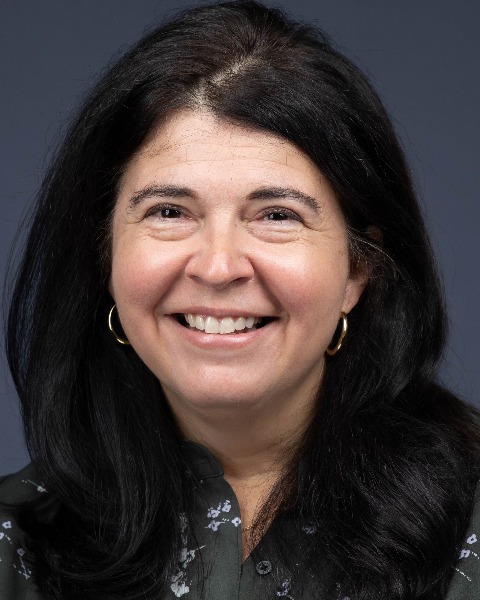Discovery and Basic Research
Keynote: Gut Bugs and Fecal Transplants: Experience Over a Decade of Clinical Microbiome Research
-

Colleen Kelly, MD
Gastroenterologist
Lifespan Physician Group
Providence, Rhode Island -

Richard Gemeinhart, PhD (he/him/his)
Professor and Associate Vice Chancellor for Research
University of Illinois Chicago
Chicago, Illinois
Keynote Speaker(s)
Moderator(s)
Fecal Microbiota Transplant (FMT) has emerged as effective and recommended by professional society guidelines for treatment for patients with recurrent Clostridioides difficile infection. FMT is believed to work by restoring gut microbiota diversity, beneficial anaerobes and normal bile acid metabolism in patients with dysbiosis resulting from repeated courses of antibiotics. There are many questions about the best methods for performing FMT, though donor identification and screening are important steps to ensure patient safety. Stool banks emerged to centralize this process and resulted in greater patient access to the procedure. Regulatory issues present challenges and emerging pathogens, such as SARS-CoV-2, have recently limited patient access. The FDA has catagorized FMT as a biologic drug and live biotherapeutic products are in lates stage clinical trials and will further increase patient safety. There is hope that therapeutic manipulation of gut microbiota though FMT or more refined bacterial consortia will prove effective for other diseases associated with dysbiosis such as inflammatory bowel diseases, obesity and autism and there are over 200 registered clinical trials of FMT worldwide.
Learning Objectives:
- Upon completion, participants will understand the evolution of gut microbiota-derived therapies for Clostridioides difficile infections.
- Upon completion, participants will understand the the position of the US Food and Drug Administration on fecal microbiota transplant and the impact of FDA policy on the field.
- Upon completion participants will demonstrate understanding of the literature supporting fecal microbiota transplant for treatment of C. difficle infection and challenges to conducting clinical trials in these patients.
- Upon completion, participants will explore the future of microbiota-based therapeutics for diseases beyond C. difficile infection.

